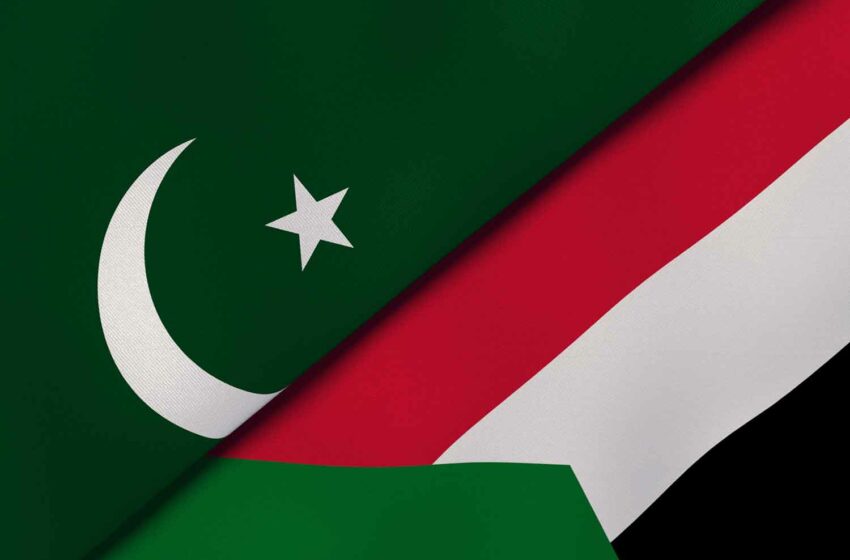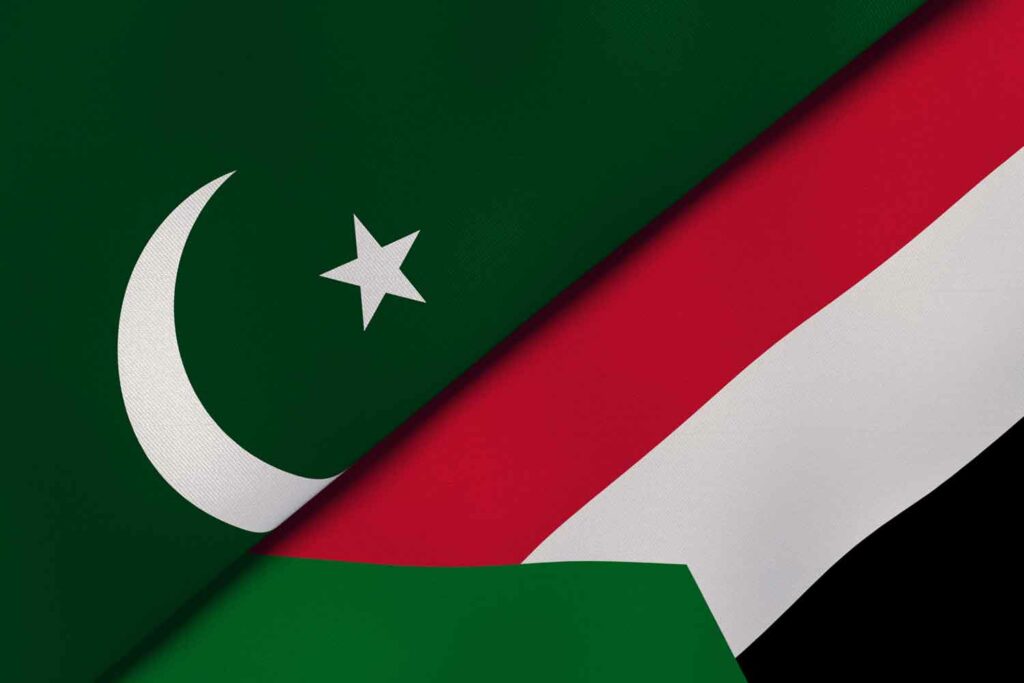
Competition from illicit tobacco products caused Pakistan Tobacco Co.’s (PTC) sales to drop by 11.26 percent in the first quarter of the current fiscal year as compared to 2023-2024.
“The legitimate tobacco industry in Pakistan faces continued challenges as illicit cigarette sales have reached alarming levels,” PTC’s senior regulatory affairs manager, Qasim Tariq, was quoted as saying by the Associated Press of Pakistan.
During the period under review, PTC sold 6.3 billion cigarettes, against 7.1 billion in the comparable 2023 quarter.
PTC is not the only organization impacted by illicit trade. In a recent statement to the Senate Standing Committee, the Federal Board of Revenue (FBR) revealed that 50 percent of cigarettes were being sold in Pakistan illegally, causing the government to miss out on much-needed tax revenue.
Tariq attributes the problem, in part, to excessive tobacco taxation levels. In February 2023, the government increased the Federal Excise Duty by more than 150 percent, driving many smokers to purchase their tobacco on the black market instead. “As a result, there is an estimated PKR300 billion loss to government revenue which is essential for public services, infrastructure and economic development initiatives,” he remarked.
While commending the FBR for its enforcement efforts against illicit tobacco trade, Tariq emphasized that isolated measures would not be enough to address the problem. He believes that the market for illicit products remains strong due the FBR’s limited resources and inconsistent enforcement at the retail level.
“PTC strongly advocates for the full and consistent implementation of a track-and-trace system in all regions, including Azad Jammu and Kashmir, to enable authorities to identify and monitor products, reduce tax evasion and ensure only legitimate products reach consumers,” he said.





